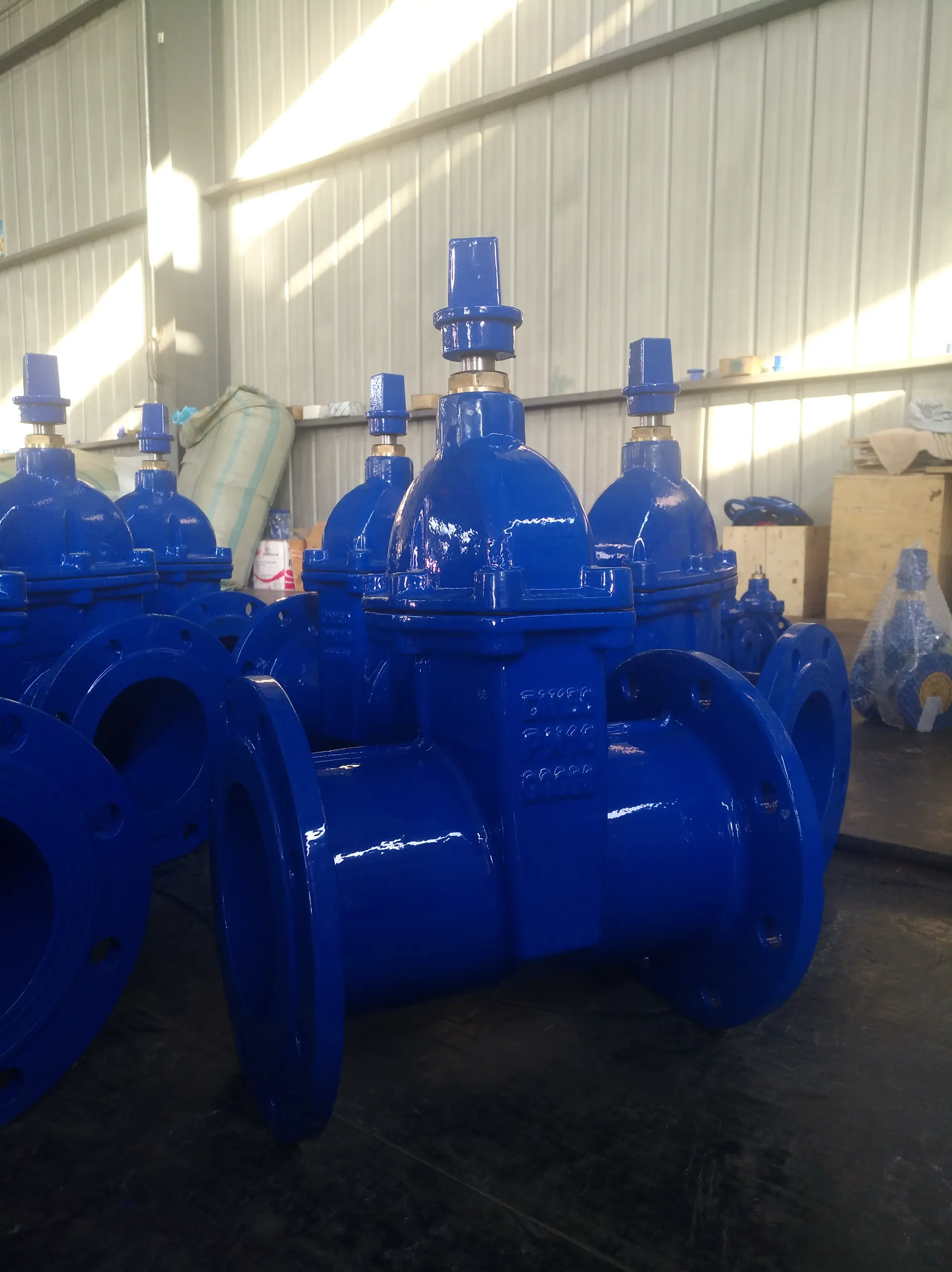brass air vent valve
Understanding Brass Air Vent Valves
Brass air vent valves are essential components in various plumbing, heating, and cooling systems. They play a crucial role in maintaining system efficiency and preventing unwanted pressure build-up. In this article, we will explore the function, benefits, and applications of brass air vent valves, highlighting why they are a preferable choice for many engineers and contractors.
Firstly, brass air vent valves are designed to release trapped air from a system. As liquids, such as water or coolant, circulate through pipes and radiators, air pockets can form. These pockets can cause inefficiencies, leading to inadequate heating or cooling performance, and, in some cases, damage to the system. By venting out trapped air, brass valves ensure optimal flow, leading to improved system performance and energy efficiency.
The durability of brass is another significant advantage. Made from a copper-zinc alloy, brass is inherently resistant to corrosion and is robust enough to withstand high temperatures and pressures. This makes brass air vent valves suitable for various applications, including heating systems, boilers, and hydronic heating setups. Unlike plastic or steel alternatives, which may degrade over time or compromise system integrity, brass valves maintain their function and reliability over many years.
brass air vent valve

Moreover, brass air vent valves are designed for easy installation and maintenance. Many models feature a manual or automatic mechanism that allows users to vent air simply and effectively. Automatic air vent valves can self-regulate and release air without manual intervention, making them an excellent choice for complex systems where regular maintenance may be challenging. Users can expect a hassle-free experience with minimal downtime when incorporating these valves into their systems.
In terms of applications, brass air vent valves are versatile. They are widely utilized in residential heating systems, such as radiators and baseboard heaters, as well as in commercial buildings and industrial settings. Additionally, they are essential in hydronic heating systems where water circulation is key to maintaining a comfortable environment. Their reliability and efficiency make them a staple in heating, cooling, and even agricultural irrigation systems.
In summary, brass air vent valves are indispensable in ensuring the efficiency and longevity of plumbing and heating systems. Their ability to vent trapped air effectively, combined with their durability and ease of maintenance, positions them as a top choice for professionals in the industry. When considering materials for air vent valves, brass stands out as a robust and reliable option, proving that investing in quality components can enhance system performance and reduce long-term costs. Whether you’re working on a residential project or a large industrial application, incorporating brass air vent valves can lead to significant improvements in system operation.
-
The Smarter Choice for Pedestrian AreasNewsJun.30,2025
-
The Gold Standard in Round Drain CoversNewsJun.30,2025
-
The Gold Standard in Manhole Cover SystemsNewsJun.30,2025
-
Superior Drainage Solutions with Premium Gully GratesNewsJun.30,2025
-
Superior Drainage Solutions for Global InfrastructureNewsJun.30,2025
-
Square Manhole Solutions for Modern InfrastructureNewsJun.30,2025
-
Premium Manhole Covers for Modern InfrastructureNewsJun.30,2025
